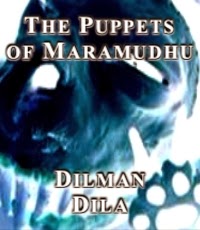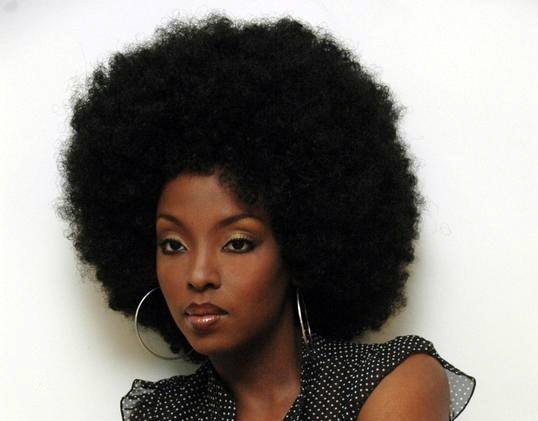| Captain Wagna, the snorkeling king of Mombasa |
The first time I met him was at the Backpackers Nirvana. In fact, the easiest way to get in touch with him and have him take you out for a day snorkeling would be through this humble hostel. He came in the evening because he heard there was a couple of guy who wanted to go out. He wore a cap, and his dreadlocks fell all over his shoulders. For a brief moment, I thought of Captain Jack Sparrow, for there was a stunning resemblance. Not in looks (otherwise this girl will murder me for suggesting that he is as handsome as Depp) but maybe it was the dreadlocks that made me think of that famous pirate.
| A romantic sailing boat in the Indian ocean coast of Mombasa |
| A glassboat used for snorkeling in Mombasa |
Wagna talks too much, a typical chatter box, but he was such fun that I enjoyed every word he spoke. Seeing that he liked to talk, and having a nose for a story, I started to dig a little into his past, and his story has haunted me ever since I met him.
He has been the Captain of a little boat called Haleluya for over fifteen years now. He told me it’s called an angalewa, and many people in Mombasa seemed to refer it by that name, but I always thought of it as a dhow. He makes his money from tourists, both Kenyans and foreigners, who come to the coast to snorkel. He knows every inch of the marine park and will certainly take you to the best places you can see fish, even at high tide.
| Captain Wagna's boat in the marine park of Mombasa |
His business thrived before 2007. He enjoyed a good life, and though belongs to the dominant tribe in the Mombasa area, the Giriyama, he had a Kikuyu wife and two children. The eldest is a girl, about thirteen now, and the other is a nine-year-old boy. He dreams of this boy one time ending up a boat captain like his dad. He was wealthy. He could afford to send his daughter to a private school, because many tourists fought over themselves to snorkel with him.
| Having fun aboard the boat, Haleluya |
“She was only after my wealth,” he told us, referring to his wife. We noticed the sudden change in the tone of his voice. A bitterness crept to the surface, and the smile that hitherto was permanently on his face vanished. Instead, he grimaced. He did not have to tell us what she put him through to know that their once happy marriage turned into a nightmare.
In December 2007, violence erupted in Kenya, following a disputed presidential elections. The tribal divisions in the country left a thousand people dead, and divided a family in Mombasa.
He is not clear on when exactly she left him, but during the height of the crisis, she was not settled. Many Kikuyu were afraid of their lives. There’s a stereotype in Kenya that the Kikuyu are thieves and money-hungry leeches, and so they were the target for ethnic cleansing in many parts of the country. I am not very familiar with why exactly the violence erupted, who started killing who, but it certainly destroyed the tourism industry.
All of a sudden, no one was hiring Wagna anymore. Within months, he was broke.
He pulled his daughter out of private school and put her in a poor public school. He moved from the nice house he was renting to one in the poorer suburbs of Mtwapa.
And his wife left him. “It was not just the violence,” he says. “If she was a good woman, she would have stayed when I ran broke. No one tried to kill her while she was here, so her claims that she is going back to her parents, months after the violence ended, is sheer lies. She saw there were no more tourists and so that I was broke and she decided to pack her bags and go. That Kikuyu leech!”
He has not replaced her yet. He is focusing on his children. You could tell that the wound she dealt him is deep. It might have been the seawater that got into his eyes, but for a brief second I thought he was crying.
Time does not heal, obviously, but he has tries his best to forget her. He does drink a little more than he used to, he accepts it, but well, most of the time there is no work and he sits idle with his mates in the shores of Mtwapa. The brokenness drove him into selling off his boat, and so now he has to work for hire. When he talks about it, you can see the pride in his eyes, as though he wants to say, “A captain like me should have my own boat!”
And he has not given up that dream. He is slowly saving to buy his boat back. On addition, rather than just having a boat, he wants to own his own set of floaters and snorkeling gear. Apparently, everything we were using, from the life jackets to the goggles, were borrowed or rented. Thus he was not making as much money as he used to before the chaos. But at least the tourists were coming back, until another tragedy struck. Terrorists.
They attacked the country of its army’s involvement against the Al Shabab gang in Somalia. They kidnapped some tourists in Lamu island. Mombasa itself suffered a wave of terrorist bombings. Just a few weeks before we arrived, there had been riots in Mombasa town over the death of a sheik who was suspected to be a top terrorist sympathizer.
“The man is already dead,” Wagna said. The anger clear in his voice. “Why then riot? Why protest over the death of an evil man? If I can understand a riot over Mandela’s murder, but that of a terrorist? An evil man? This is why we Kenyans will always remain backward!”
| Snorkeling in the marine park, Mombasa |
We were there in September of 2012. It was supposed to be the peak season. It was supposed to be teaming with tourists. But there was hardly one in sight. On several occasions, we had the entire beach to ourselves, and in some occasions, Reiza was the only noticeably foreign person on the beach. The rest were locals.
--
--
--
You May Also Like:



































